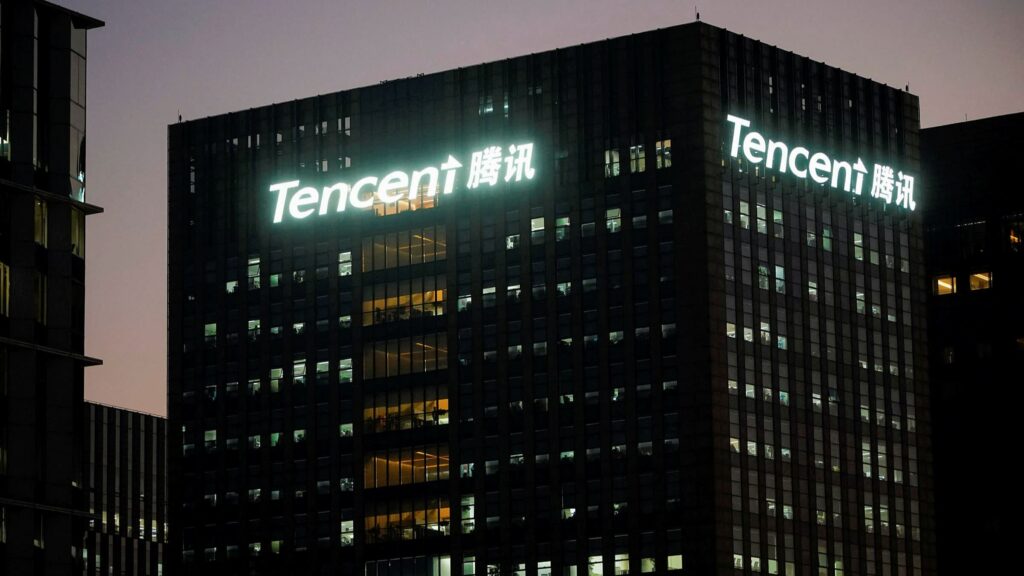Tencent/JD: $16bn stake sale signals state push for crossholdings unwind


Christmas has arrived early for Tencent shareholders. The Chinese social media giant will pay a $16.4bn dividend in the stock of China’s second-biggest ecommerce group JD.com, of which it is the largest shareholder.
The Chinese government is forcing Chinese tech groups to retract the financial tentacles that tie them together to the detriment of consumers — and state power.
The HK$127bn (US$16.4bn) transfer cuts down Tencent’s stake in JD from 17 per cent to 2 per cent, leaving Walmart as JD’s largest investor.
Unsurprisingly, shares of JD fell about 7 per cent. It has benefited from a strategic partnership with Tencent, which has about 40 per cent of the market for electronic consumer payments through its WeChat Pay and QQ Wallet platforms.
The immediate departure of Tencent executive director and president Martin Lau from JD’s board suggests the relationship will become less close.
The separation also gives a hint of things to come. Tencent has $180bn in stakes in a wide range of companies including Tesla, Spotify, Universal Music and Snap. The ones to watch, however, are shareholdings in local companies that have a big market share in their respective industries.
Regulators will reserve their closest scrutiny for three holdings. First, a 16 per cent stake in Pinduoduo, China’s largest ecommerce platform by number of users. Second, 17 per cent of the equity of food delivery group Meituan, whose local market share stands at more than two-thirds. Third, a 22 per cent stake in short video platform Kuaishou.
Tencent’s investments combined with 1.2bn active users on its social network platform WeChat have provided it with diversification. Its core gaming business, accounting for a third of sales, is exposed to regulatory crackdowns. Its ties with JD boosted it in payments. The more stakes and tie-ups Tencent is forced to relinquish, the weaker its prospects will be.
Tencent shares rose 4 per cent following the dividend announcement. They are down a fifth this year. It will remain a risky investment so long as Beijing’s break-up of big Chinese tech groups continues.
If you are a subscriber and would like to receive alerts when Lex articles are published, just click the button “Add to myFT”, which appears at the top of this page above the headline.